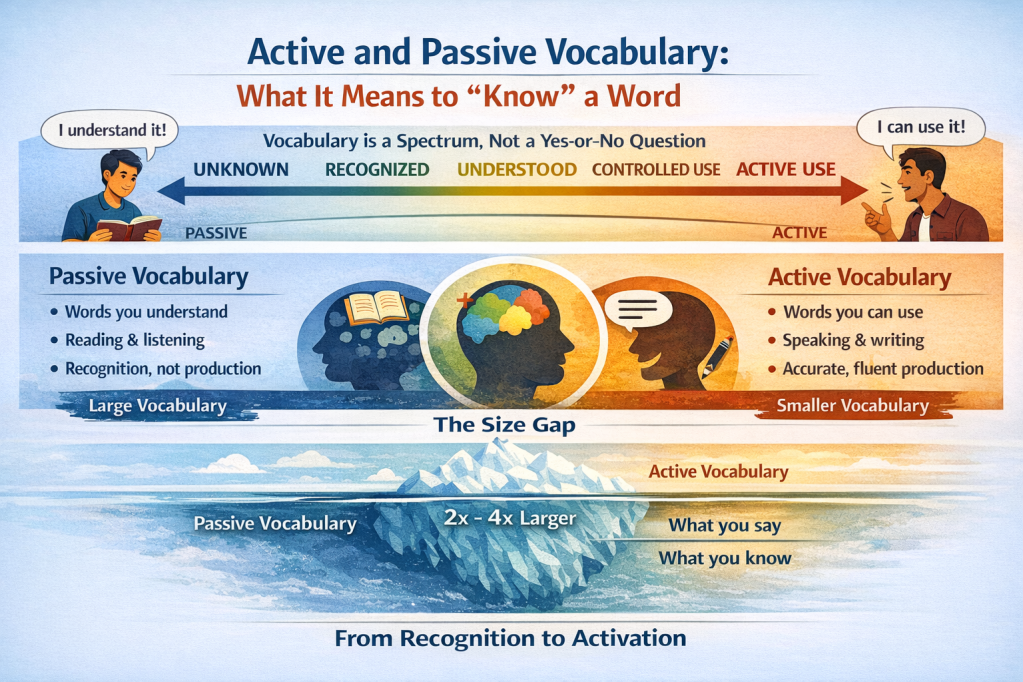From Island Dialect to Global Lingua Franca
English, once confined to the shores of its island birthplace, has transcended geographical boundaries to become the foremost global language of the 21st century. Its journey from a regional dialect spoken by a few thousand Anglo-Saxons to a lingua franca uniting speakers from diverse linguistic backgrounds is a testament to the remarkable adaptability and resilience of human communication.
The roots of English lie in the Germanic tribes that migrated to Britain during the early Middle Ages. Over the centuries, it absorbed vocabulary and grammatical structures from Latin, Norse, French, and other languages, evolving into what we now recognize as Modern English. However, its transformation into a global phenomenon began in earnest during the age of exploration and colonialism.
As European powers ventured into distant lands, they carried English with them, spreading its influence across continents. The British Empire, in particular, played a pivotal role in disseminating the language, establishing English as the administrative, educational, and legal medium in colonies spanning the globe. Through trade, conquest, and cultural exchange, English gained a foothold in regions as diverse as North America, India, Africa, and the Caribbean.
The 20th century saw the United States emerge as a global superpower, wielding not only economic and military might but also cultural influence. American English, with its distinct accent and vocabulary, permeated the international stage through Hollywood movies, popular music, and mass media. Meanwhile, advancements in technology, transportation, and telecommunications accelerated the pace of linguistic globalization, connecting people across continents in real-time communication.
Today, English stands as a universal language of commerce, diplomacy, science, and popular culture. It serves as a bridge, enabling individuals from different linguistic backgrounds to communicate and collaborate on a global scale. The internet, in particular, has democratized access to English-language content, making it ubiquitous in cyberspace and digital communication.
Yet, the rise of English as a global lingua franca is not without its complexities and controversies. It raises questions about linguistic diversity, cultural hegemony, and the preservation of indigenous languages. As English continues to evolve and adapt to the changing needs of a globalized world, it remains both a symbol of interconnectedness and a source of debate about the future of language in the 21st century.
Let’s delve deeper into the topic of Global English in the 21st century:
- Internet and Technology Influence: The rise of the internet and digital communication platforms has had a profound impact on the spread of English. Social media, online forums, and digital publications have facilitated the rapid dissemination of English language content worldwide. This has led to the emergence of new varieties of English, influenced by online slang, abbreviations, and memes.
- Business and Commerce: English has become the de facto language of international business and commerce. Companies operating on a global scale often use English as the primary language for communication, negotiation, and documentation. Multinational corporations headquartered in non-English-speaking countries commonly conduct their meetings and transactions in English to facilitate seamless communication among employees and partners from diverse linguistic backgrounds.
- Education and Academia: English proficiency is increasingly seen as essential for academic and career advancement. Many universities around the world offer courses and programs taught entirely in English to attract international students and foster global academic exchange. Additionally, English-language proficiency exams such as the TOEFL (Test of English as a Foreign Language) and IELTS (International English Language Testing System) have become standardized measures for assessing language skills for academic and professional purposes.
- Cultural Hegemony: The dominance of English in global media, entertainment, and popular culture has contributed to its widespread adoption. English-language films, music, literature, and television series enjoy a global audience, shaping the cultural preferences and linguistic practices of people worldwide. As a result, proficiency in English is often associated with access to cultural capital and opportunities for participation in the global cultural economy.
- Challenges and Criticisms: Despite its global reach, the spread of English has been met with criticism and resistance in some quarters. Critics argue that the privileging of English marginalizes other languages and reinforces patterns of linguistic imperialism. Moreover, the standardization of English as a global lingua franca has led to concerns about linguistic diversity and the erosion of indigenous languages and dialects.
- English as a Tool for Empowerment: On the other hand, proponents of English as a global language argue that it can serve as a tool for empowerment, particularly for individuals from marginalized communities. Proficiency in English can open up opportunities for education, employment, and social mobility, enabling individuals to participate more fully in the globalized world.
- Future Trends: Looking ahead, the trajectory of Global English is likely to continue evolving in response to technological advancements, demographic shifts, and changing geopolitical dynamics. The emergence of English as a global lingua franca underscores the interconnectedness of the modern world and the need for effective cross-cultural communication strategies in an increasingly diverse and interconnected global society.
In conclusion, English’s transformation into a global language of unprecedented reach underscores its adaptability and resilience in an interconnected world. As we navigate the complexities of linguistic diversity and cultural exchange, English continues to serve as a powerful tool for communication, collaboration, and understanding across borders and boundaries. Its evolution reflects not only the shifting dynamics of society but also the enduring human quest for connection and unity amidst diversity.
YOU WILL SURELY LIKE:








Leave a comment